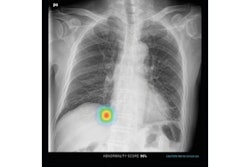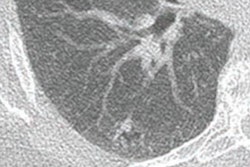Monday, November 29 | 9:30 a.m.-10:00 a.m. | SSGI05-2 | Room TBA
In this talk, researchers will share their success in using federated learning to train deep-learning algorithms for liver and tumor segmentation on hepatic CT exams.Presenter Guibo Luo, PhD, of Massachusetts General Hospital (MGH) and colleagues sought to explore the relationship between distribution metrics and segmentation performance, as well as to develop a reliable federated deep-learning algorithm for liver and tumor segmentation.
First, they gathered 692 contrast-enhanced abdominal scans from three different sources: a publicly available dataset, China, and MGH. The datasets included images from different clinical sites and were acquired using different protocols on a variety of scanners.
The researchers then developed a number of liver and tumor segmentation models, including three trained only on each source's local data; a centralized model that was trained on all data at the same time; and an algorithm trained using a federated-learning approach that involves alternately training a global, shared model on private local data.
In testing, "our proposed federated deep-learning with local [batch normalization] approach provided a comparable performance with centralized deep-learning for liver and tumor segmentation in multi-center datasets," the authors wrote.
These results show the potential for federated learning to yield high-performing algorithms while retaining data privacy, according to the researchers.
What else did they find? Attend this presentation on Monday morning to get all of the details.





















